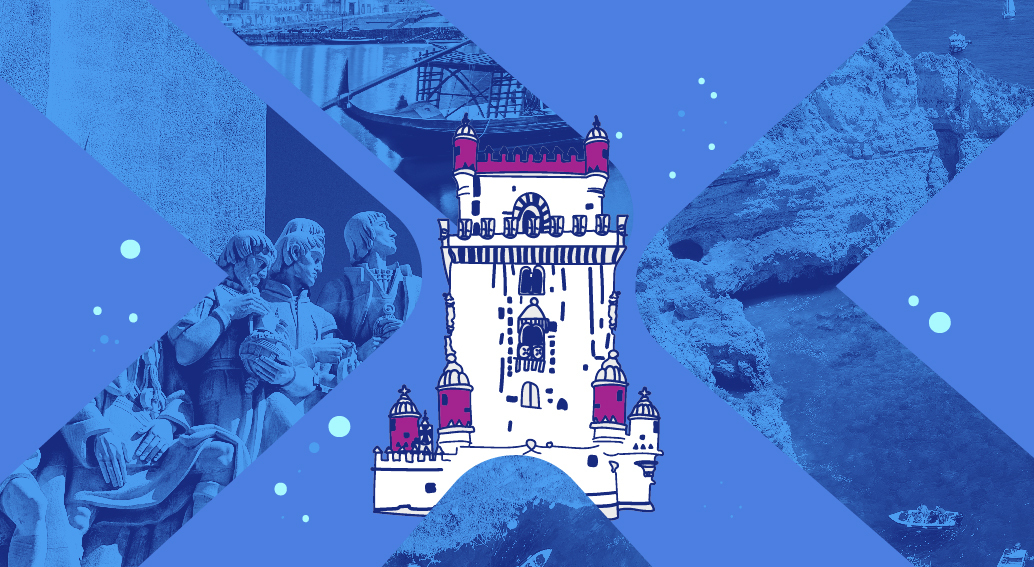Three Portuguese Universities Form A New Consortium
By Casita Team
|
20 January, 2022
Share

Updated at:
Published at:
By Casita Team
Three Portuguese Universities Form A New Consortium
By Casita Team
|
20 January, 2022
Share

A new consortium in Portugal has been revealed consisting of The University of Algarve, Universidade Nova de Lisboaand the University of Évora as part of the country's efforts towards attracting international students.
The three universities signed a memorandum of understanding to solidify the partnership and join study cycles in “various areas of knowledge.”
Portugal’s Minister of Science, technology and education, Manuel Heitor, said that “to broaden the training base, [Campus Sul] has to get more students from abroad.”
Heitor further explains that “one of the main challenges, in 10 or 20 years, is the capacity of the campus and the critical mass of the three universities to attract students from all over the world.”
Present in the document signing were the three rectors of the universities and Heitor and Ana Abrunhosa, Portugal’s Minister of territorial cohesion.
The consortium goal is to support teaching and research activities that the South Campus could develop.
Alexandra Teodósio, the vice-rector for internationalisation and sustainable development at the University of Algarve, stated that “the idea of this association started more than a decade ago, especially linked to Mediterranean influence on the climate and culture in South Portuguese territories.”
She further explains that since May 2019, the theme has been discussed with the goal of addressing common problems in the southern Portuguese regions, including climate change, literacy, etc.
The consortium is the first to have the sole purpose of strengthening the territorial cohesion and sustainable development of Southern Portugal with a focus on academic teaching and research.
Teodósio commented that “We want this joint environment of research and innovation to be able to stimulate the creation of scientific and technological employment and job opportunities for residents in productive context, including in social and cultural areas, but also to attract new talents to the Algarve region.”
“Campus Sul offers joint study cycles in various areas of expertise, at the level of masters and doctorates, providing a unique learning experience…in sustainability, mobilising a vast academic body and offering students mobility within the three universities,” she continues.
